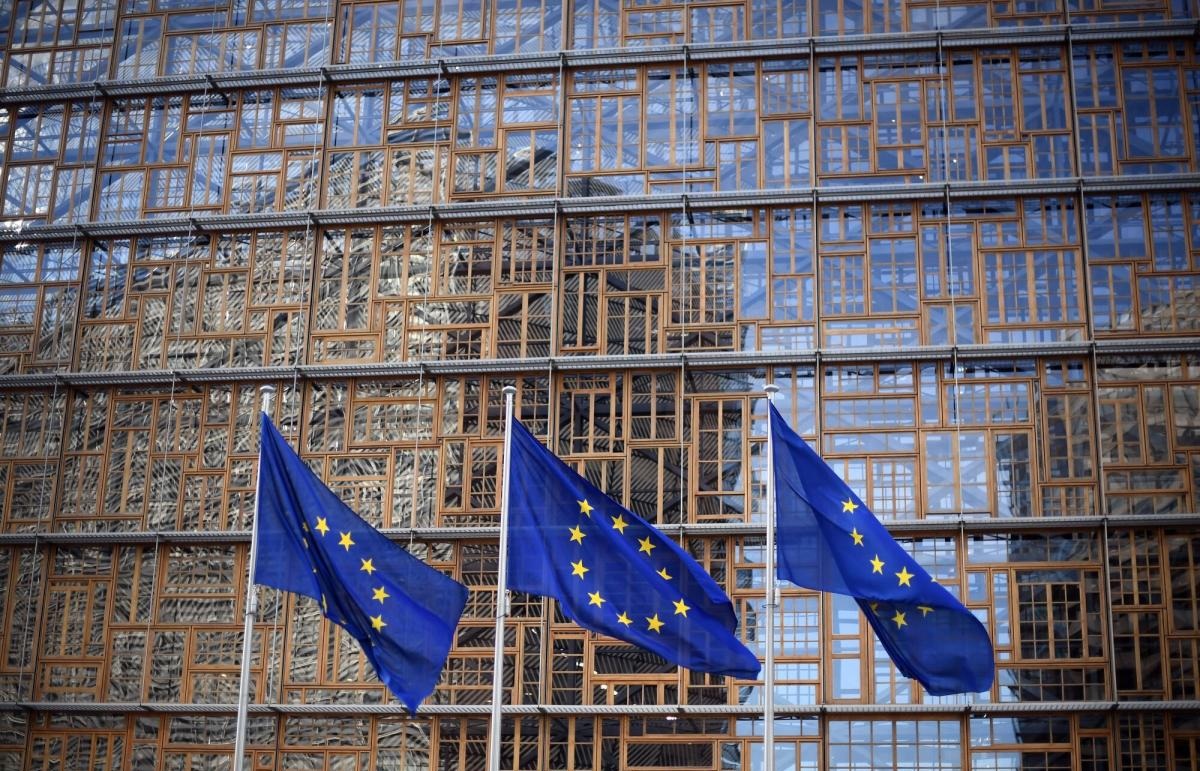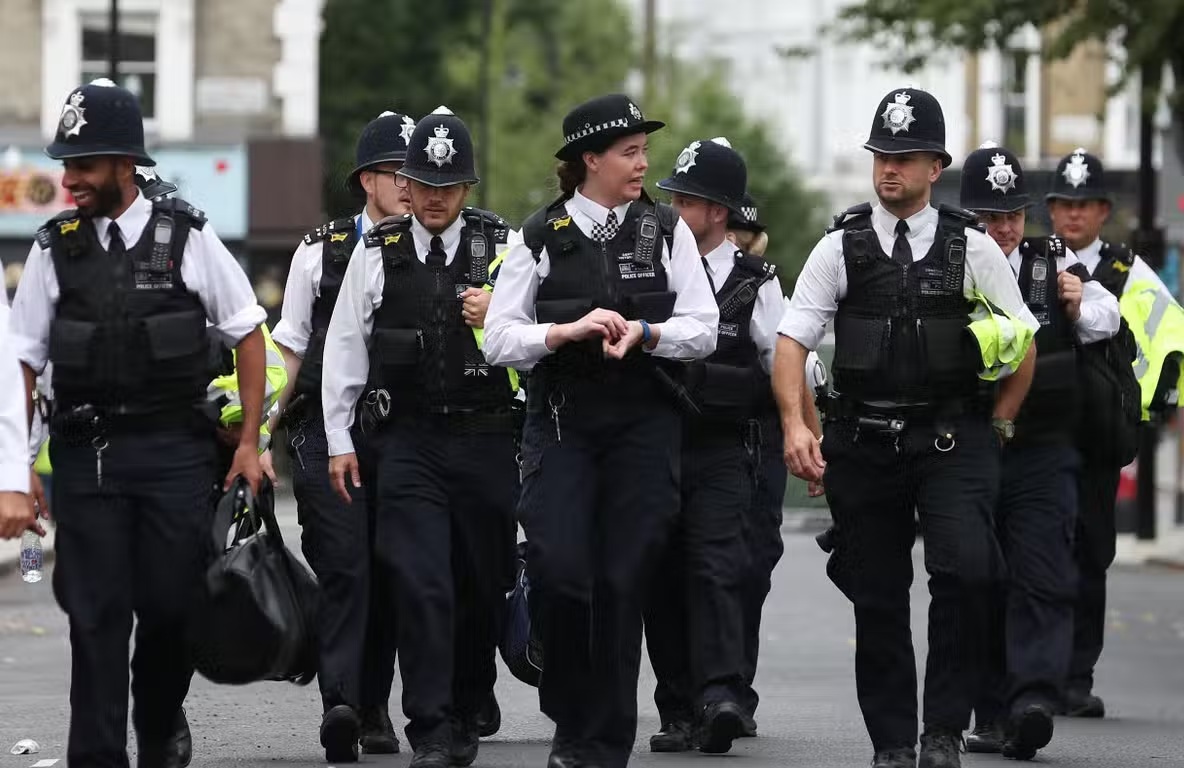Netzpolitik bloggers are not quite off the hook yet

The lawsuit that had caused quite a commotion across Germany has come to a sudden end. But despite the termination of the investigation against the Netzpolitik.org bloggers, the story appears to be far from over.
As the ruling to drop the treason charges against Netzpolitik.org reassured journalists around the world about the protection of freedom of speech in Germany, the fallout after the lawsuit continued to fill the headlines, with both supporters and opponents of the two journalists engulfed in the case continuing to battle on.
Netzpolitik’s Chief Editor Markus Beckedahl wrote in a blog entry on Monday morning that he wanted to learn whether Netzpolitik bloggers had “fallen victim to surveillance measures as part of the three-month investigation.”
After shutting down any investigation, German law typically allows the defense team to have access the files of the inquiry, in accordance with Paragraph 147 of the code of criminal procedure. However, Beckedahl wrote in his blog update that Netzpolitik was being denied this right.
The Ministry of Justice meanwhile commented that if there was still any doubt about potential surveillance activities having taken place within the framework of the Netzpolitik investigation they could refer to the files associated with the investigation, contradicting Beckdahl’s observations.
But Beckedahl persisted that his lawyers were not allowed access to the files because they included “classified documents,” which were legally safeguarded to remain secret. Beckedahl wrote on Netzpolitik.org that he suspected the documents to include advisory material from the Federal Office for the Protection of the Constitution, telling the Public Prosecutor to take up the investigation in the first place.
In breach of the law?
It remained unclear whether the Public Prosecutor General of the Federal Court of Justice had deliberately refused to grant access to the files in question or whether his office was merely deferring a ruling on the request to view the files. The office of the Public Prosecutor General has failed to comment so far.
Nikolaos Gazeas, an expert in criminal law, said that it would go against German law if a decision were to be taken, which would result in access to files being denied.
Legal expert Nikolaos Gazaes remains hopeful that access to the files of the inquiry will eventually be granted
“Having access to the files of the inquiry is one of the most central and most important rights of any defendant.”
Gazaes furthermore underlined the fact that even if any classified documents were associated with the investigation this alone would not provide sufficient grounds to deny access to the investigation files.
“The rights of the defendants have priority over secrecy,” Gazaes said. He added that there was unanimous agreement on the jurisdiction to support his assertion that the interest of maintaining secrecy on part of the Federal Office for the Protection of the Constitution was irrelevant.
Appeals if access to files are blocked
However, there would appear to be room for interpretation here, at least legally speaking. According to German law it would be possible to exclude parts of the files of an inquiry from further access if the contents were deemed to “negatively affect the welfare of the Federal Republic of Germany or any of its federal states.”
Legal expert Gazaes, however, said that in order for this provision to take effect Under Paragraph 96 of the code of criminal procedure), the Federal Office for the Protection of the Constitution would have to submit a declaration of intent with the Ministry of the Interior first in order to have all access blocked. This declaration of intent could, however, be appealed against. Gazaes said that the two Netzpolitik bloggers had “very good chances” of successfully appealing against such a declaration, taking it all the way to the Federal Criminal Court.
Nikolaos Gazeas deemed the current situation to be against the law in the absence of any current indication pointing toward such a declaration of intent being presented with the Ministry of the Interior. Until there was proof of such a declaration being submitted, access to the files should technically be granted, he said.
Back to court
The controversial investigation against two Netzpolitik.org journalists had attracted a great deal of criticism towards several legal bodies in Germany. With treason being among the most serious crimes under German law, the charges against the two journalists, Markus Beckedahl and Andreas Meister, were widely seen as an attack on freedom of the press.
The case is, however, far from over. Beyond the suspended treason charges, Netzpolitik still faces an investigation for betrayal of official secrets, having published internal documents from the Federal Office for the Protection of the Constitution, which suggested an expansion of internet traffic surveillance.




